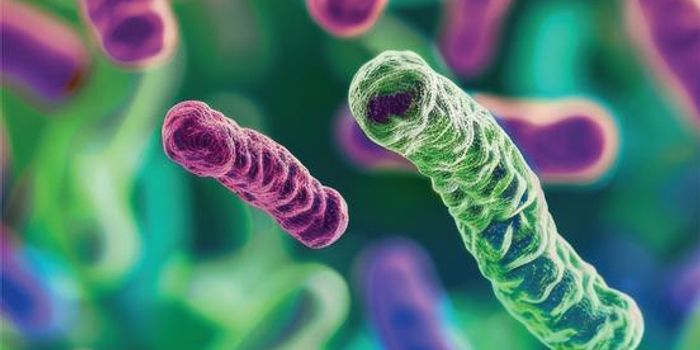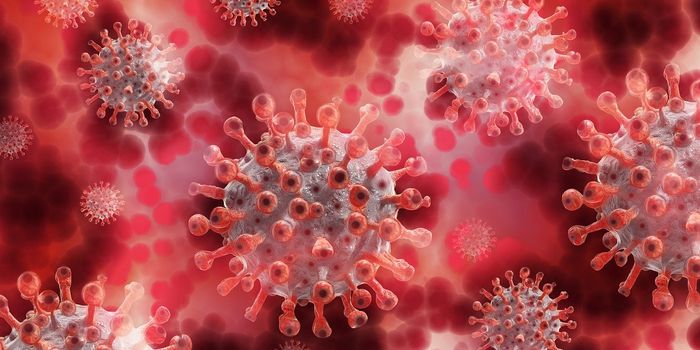Important Biomedical Research At Risk Of Being Defunded
In September the Department of Health and Human Services (D.H.H.S.) released a statement citing “serious regulatory, moral and ethical considerations“ about research involving fetal tissue. The National Institutes of Health (NIH) saying on Monday that it would spend 20 million dollars over the next two years to seek alternatives. The department also promised to review all government funding for labs currently using fetal tissue during research.
Despite the announcement, scientists at the University of California San Francisco (UCSF) were shocked to receive an audit letter last week from the NIH. The letter warned that their $2 million contract would be extended for only 90 days during an audit after which it may be canceled. Contracts for USCF are typically renewed for a year at a time. The letter came as part of a broader push to reduce the use of this kind of tissue by the D.H.H.S which oversees both the NIH in the FDA.
This challenge comes after the appointment of a new assistant secretary for health at the D.H.H.S, Brett P. Giroir, who was appointed by Trump in February 2018. Emails show that Giroir was heavily involved with the move to challenge important biomedical research over the use of fetal tissue.
Researchers use the tissue, left over from abortions, to develop life-saving drugs and vaccines. The tissue is also used for a variety of scientific testing including the study of cancer, Parkinson’s disease, and blindness to name a few. A key component of the affected research at UCSF had been the testing of antiviral drugs for HIV treatment.
Scientists do this testing by introducing human cells to laboratory mice via injection. The mice bodies then accept the cells, similar to how we accept -or reject- implanted organs. The mice then provide valuable test subjects with systems that respond much like that of a human.
Opposition groups, who claim to be pro-life, consider the use of such tissue a desecration of the human body. These groups question if the tissue was donated by donors who had been made fully aware of the intended use for the collected cells.
Scientists, who say D.H.H.S. has hobbled their life-saving research, lose the ability to test on a human system without needing human subjects. Up until this point research like this has saved millions of lives and has been a critical component to countless medical advances. Scientists say the ability to test on a human immune system, as is provided by the fetal tissue, is indispensable particularly so in diseases like HIV which only infect humans, treatments for which cannot be tested on animal subjects.
Eventual alternatives will likely depend on altering adult tissue in hopes of producing the types of cells needed for research. Scientists also note that sometimes tissue from miscarriages is seen as a favorable alternative to intentionally aborted fetal tissue. Scientist groups though claim hard-to-track abnormalities in miscarriages may alter test results. Researchers also cite the unplanned circumstances of miscarriages which make it harder to obtain useable tissue samples.
Sources: ABC News












